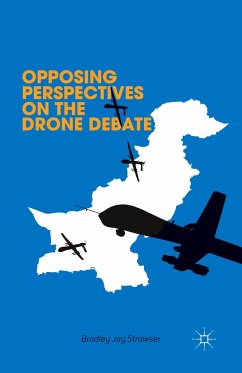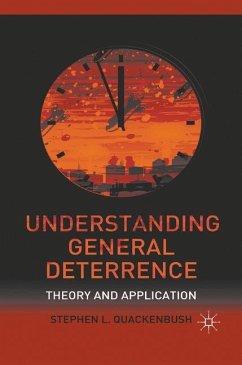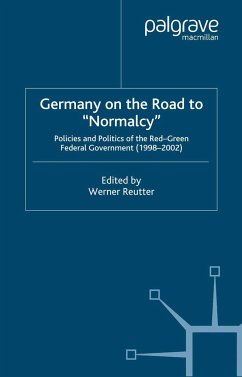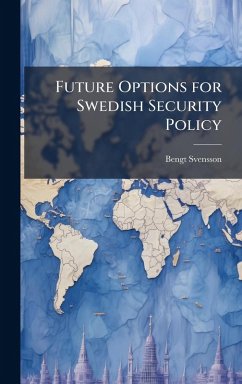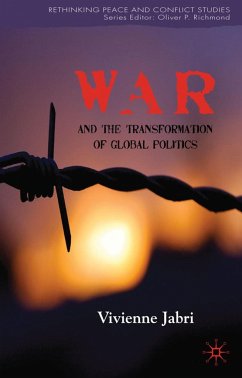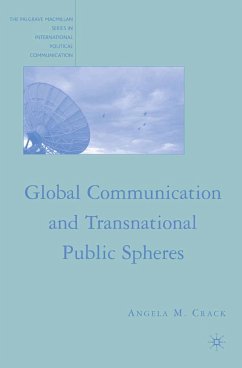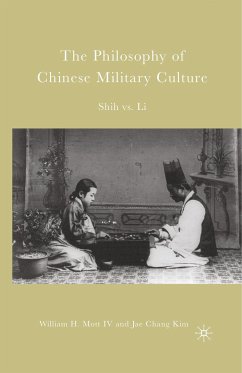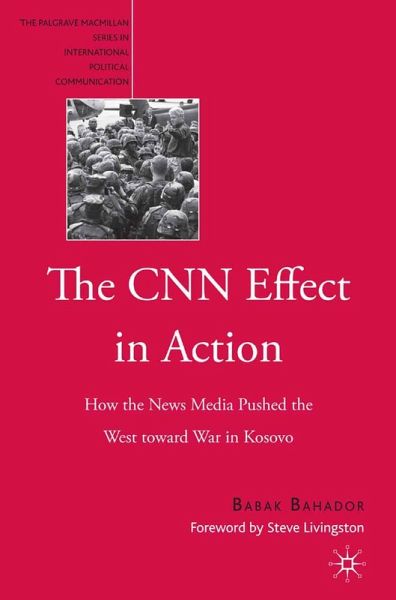
The CNN Effect in Action
How the News Media Pushed the West toward War in Kosovo
Versandkostenfrei!
Versandfertig in 6-10 Tagen
38,99 €
inkl. MwSt.
Weitere Ausgaben:

PAYBACK Punkte
19 °P sammeln!
This project advances the existing theoretical work on the CNN effect, a claim that innovations in the speed and quality of technology create conditions in which the media acts as an independent factor with significant influence. It provides a novel interpretation of the factors that drove Western policy towards military intervention in this area.






